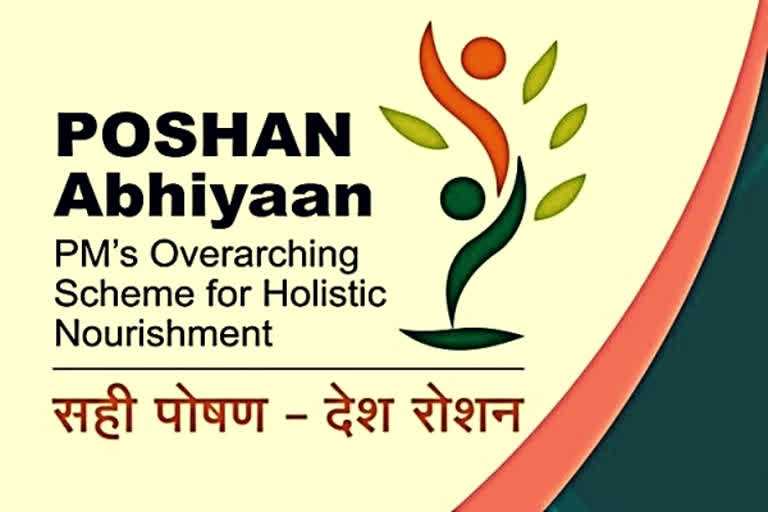Hyderabad: The most common problem in the implementation of government schemes is the lack of funds. Though there is enough money, the lack of willingness to spend the allocated funds can only be construed as apathy by the implementing authorities.
This has become the subject of controversy after the Union Ministry of Women and Child Development (WCD)recently urged the respective States to implement the central government scheme"Poshan Abhiyaan" on a war foot basis and utilise the funds to the fullest saturation. Union minister Smirti Irani expressed her grievance that the States are lagging in achieving the specified objectives of this welfare scheme, which mirrors the seriousness of the situation.
ThePoshan Abhiyaan Scheme is being implemented just only for the namesake and the states of like West Bengal, Haryana, Punjab, Kerala, Odisha, and Goa are way behind. The Centre has so far allocated Rs. 3,769 crores, but only Rs. 1,058 crores (33 percent) have been spent. The scheme was not even implemented in West Bengal, Odisha, and Goa. Only one percent of the funds have been utilized in the states of Karnataka and Punjab, whereas in Haryana and Kerala the fund's utilisation stands at less than 10 per cent.
The Trinamool Congress Government in West Bengal which has serious differences with the Centre has not even considered the scheme. The state minister Mr. Sasi Panja explained the reason for the non-implementation and said that the state nutrition scheme is more comprehensive than the central scheme. A more or less similar situation prevails in Goa state run by BJP. Concerned officer of the Goa government, Deepali Nayak has expressed that lack of required field staff is the major drawback for implementation of the scheme. The situation of Punjab is somewhat better when compared to the other states. Several surveys made it clear that at the present pace of the scheme will certainly fall behind.
TheInternational Medical Journal Lancet's survey clearly warned that India may not achieve the targets of Poshan Abhiyaan by 2022, if it fails to control- undergrowth, malnutrition, Anemia in women and children. The Indian Medical Research Council has expressed a similar opinion. The problems related to the insufficient nutritional supply are still raging in all of the states even though there are several nutritional programs for infants, lactating children, and pregnant women.
The Poshan Abhiyaan Program was launched in 2018 to achieve synergy between all these nutritional schemes. It is meant to run on a unified basis among several ministries. The main objective is to eradicate the malnutrition problem by the end of 2022 by utilizing the services of the Anganwadi centers.
